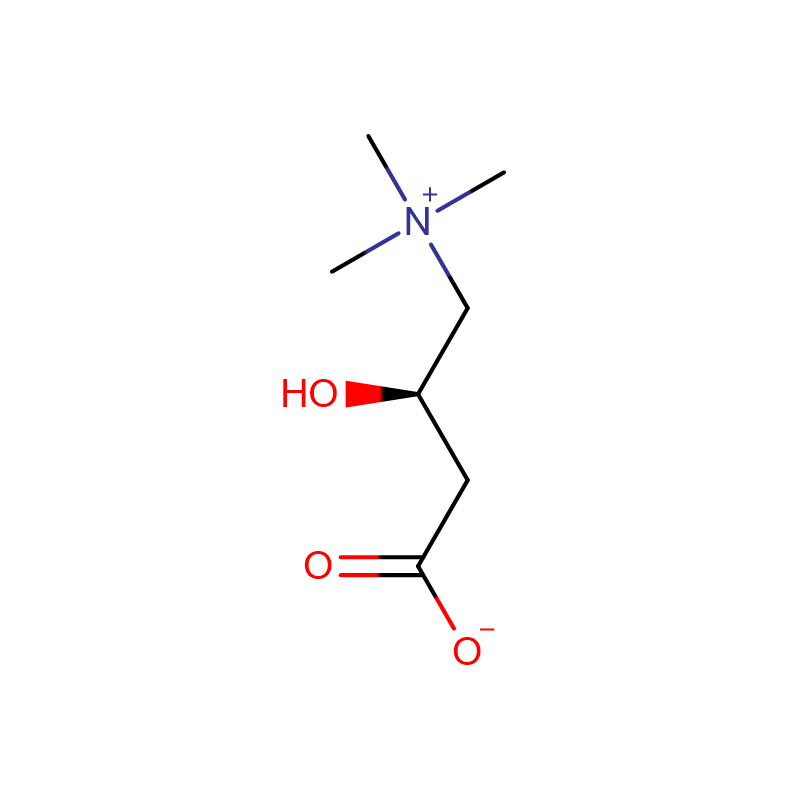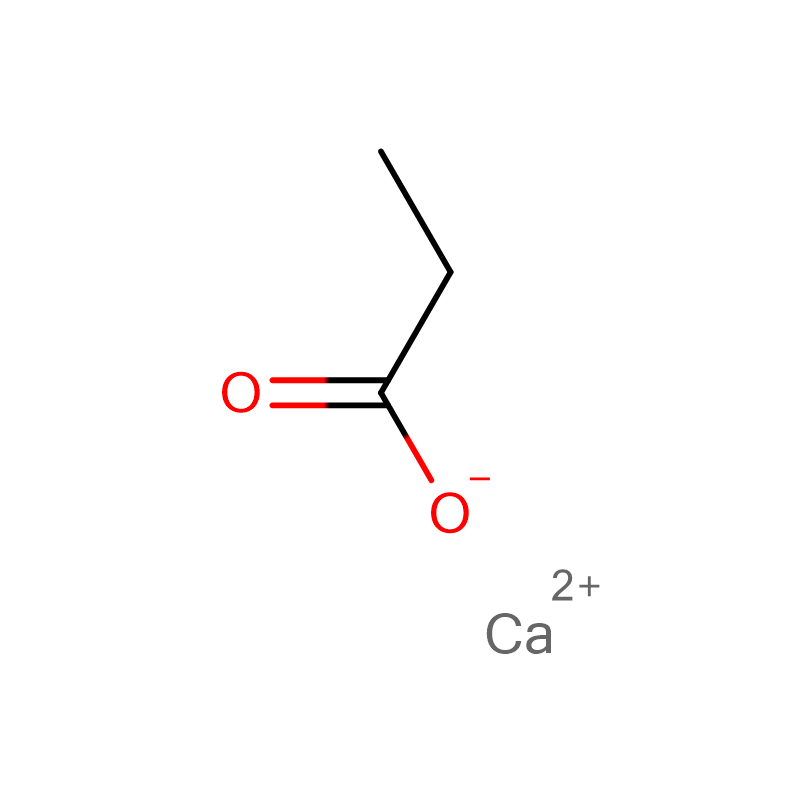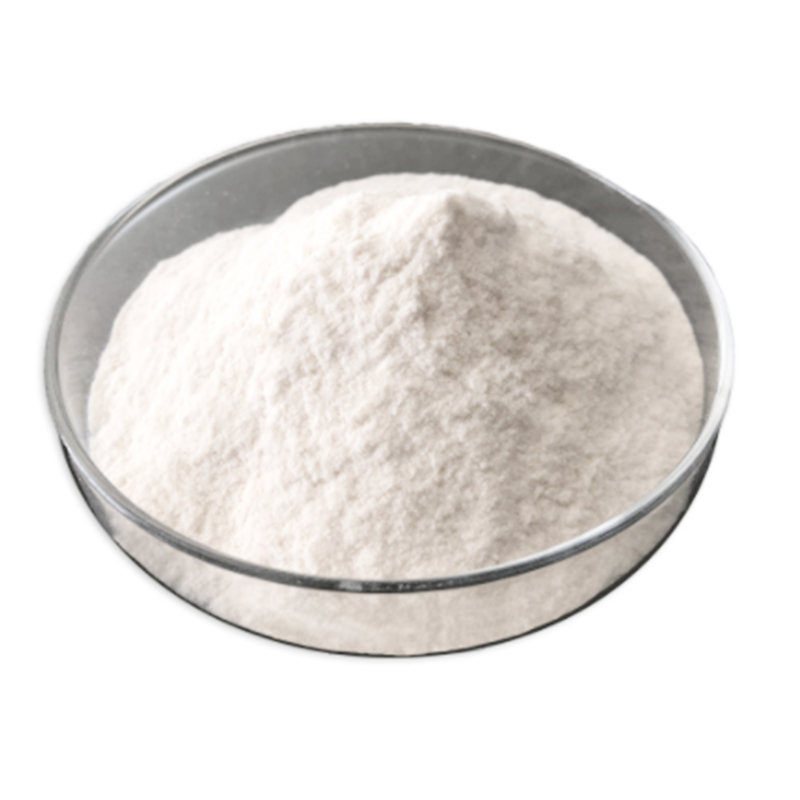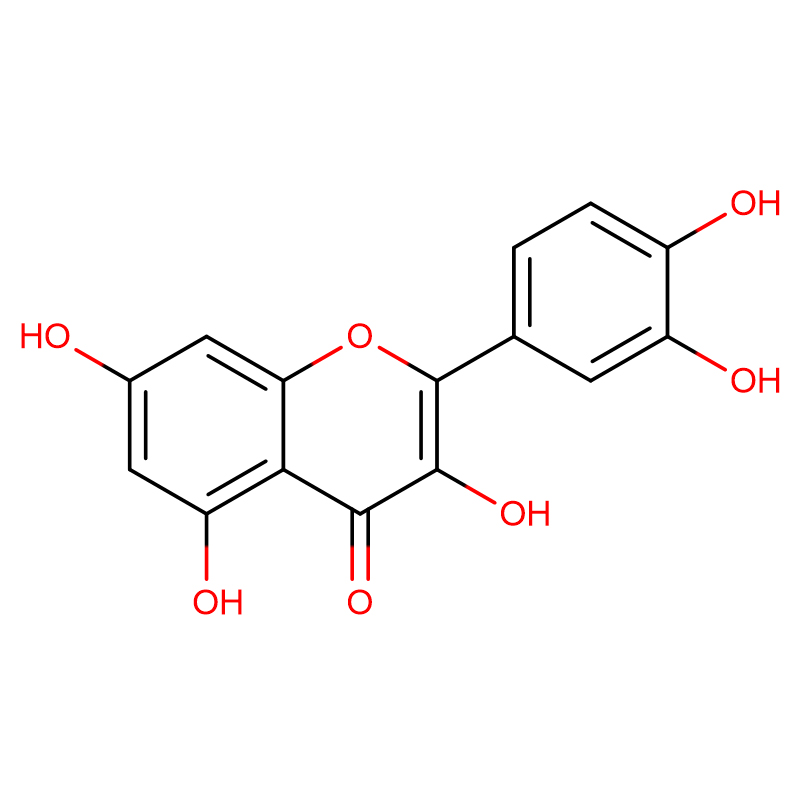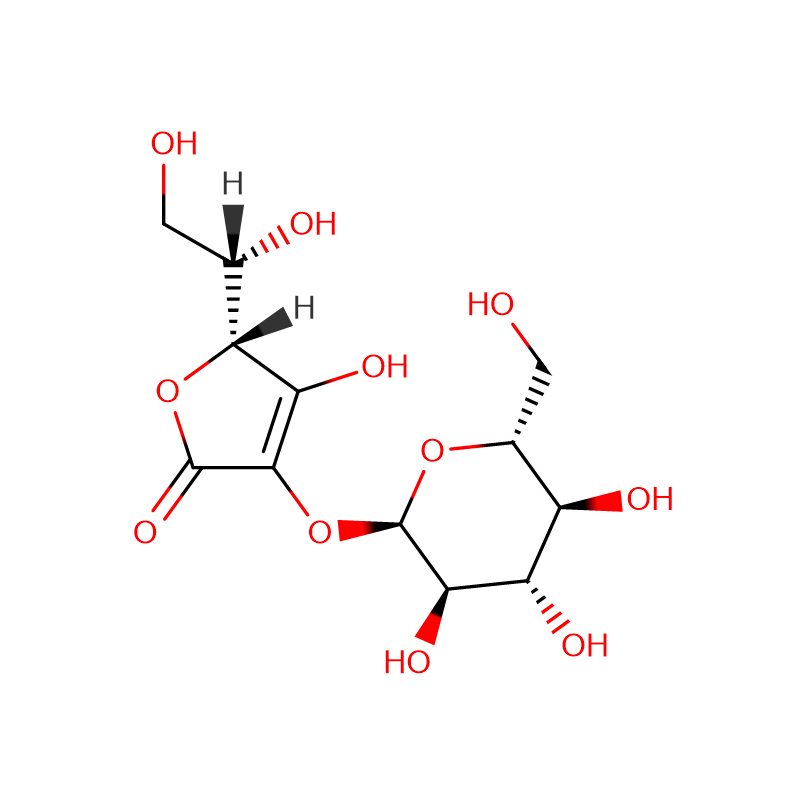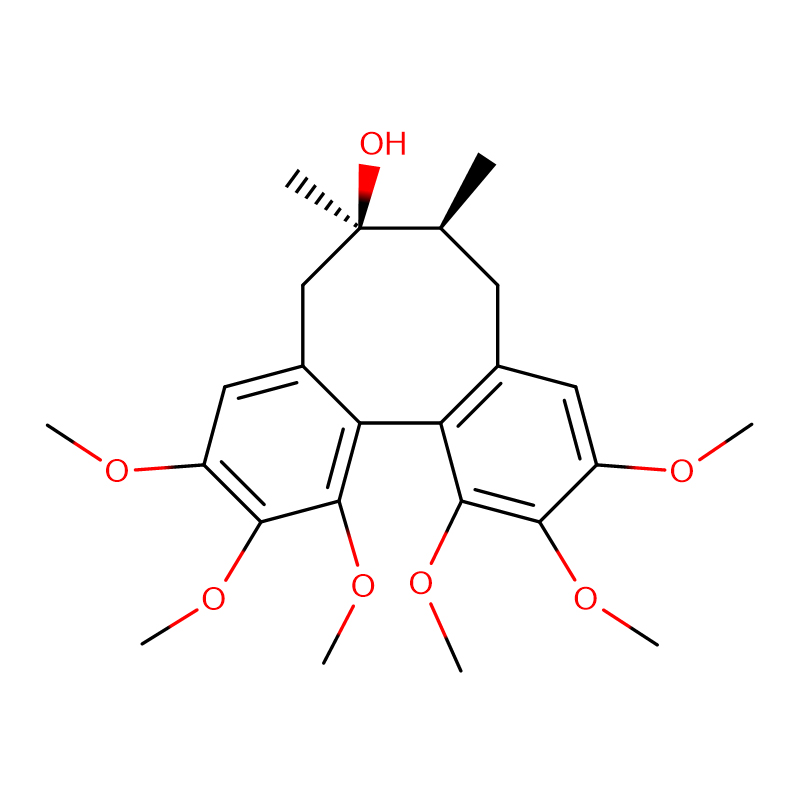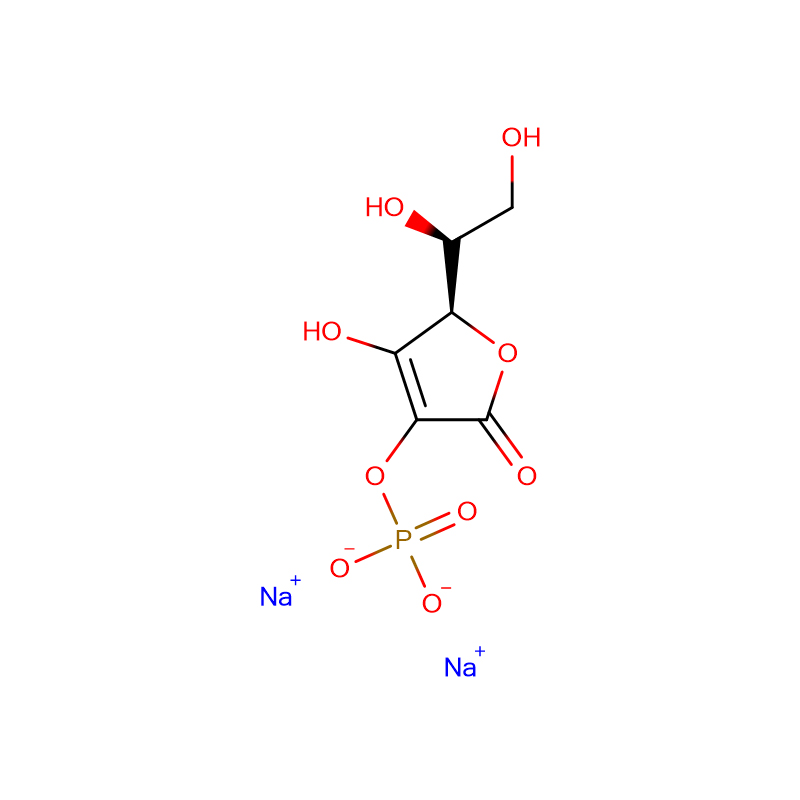L-Carnitine HCL/Base Cas:541-15-1
| Catalog Number |
XD91130 |
| Product Name |
L-Carnitine HCL/Base |
|
CAS |
541-15-1 |
|
Molecular Formula |
C7H15NO3 |
|
Molecular Weight |
161.20 |
| Storage Details |
2 to 8 °C |
| Harmonized Tariff Code |
29239000 |
Product Specification
| Appearance |
White crystals or crystalline powder |
| Assay |
99% |
| Specific rotation |
-29.0°- -32.0° |
| Heavy metals |
≤10ppm |
| AS |
≤1ppm |
| HG |
≤0.1% |
| Total plate count |
≤1000cfu/g |
| pH |
5.5-9.5 |
| Na |
≤0.1% |
| K |
≤0.2% |
| Pb |
≤3ppm |
| Cd |
≤1ppm |
| Loss on Drying |
≤0.5% |
| Residue on Ignition |
≤0.1% |
| Total Yeast & Mould |
≤100Cfu/g |
| Chloride |
≤0.4% |
| Residue acetone |
≤1000ppm |
| Residue ethanol |
≤5000ppm |
Physical and chemical properties of L-carnitine
Carnitine is one of the B vitamins, and its structure is like an amino acid, so some people classify it as an amino acid. Its main role is to help transport long-chain fatty acids for energy. This prevents fat from accumulating in the heart, liver and skeletal muscle. It can prevent and treat fat metabolism disorders in diabetes, fatty liver and heart disease. Taking carnitine can reduce damage to the heart. It can reduce triglycerides in the blood and also has a certain effect on weight loss. Carnitine can enhance the antioxidant effects of vitamin E and vitamin C.
Carnitine deficiency is congenital, such as hereditary poor carnitine synthesis. Symptoms are heartache, muscle wasting and obesity. Men need carnitine more than women. Vegetarians are prone to carnitine deficiency.
If the body has sufficient iron, thiamine, vitamin B6, lysine, methionine and vitamin C, carnitine will not be deficient. Foods rich in carnitine are meat and offal.
Artificially synthesized carnitine has three forms: levorotatory, dextrorotatory and racemic, and the effect of L-carnitine is better.
L-carnitine is a compound with a variety of physiologically active functions, its main function is to promote fatty acid β-oxidation; it can also regulate the ratio of acyl groups in mitochondria and affect energy metabolism; L-carnitine can participate in the transport of branched-chain amino acid metabolites , thereby promoting the normal metabolism of branched-chain amino acids. In addition, L-carnitine plays a role in the elimination and utilization of ketone bodies, and can be used as a biological antioxidant to scavenge free radicals, maintain the stability of membranes, improve the immunity of animals and the ability to resist disease and stress.
Recent studies have shown that L-carnitine and acetyl-L-carnitine play an important role in the energy metabolism in sperm mitochondria, which can remove ROS and protect sperm membrane function. Oral administration of L-carnitine and acetyl-L-carnitine to oligospermia and asthenozoospermia patients can increase the total number of forward motile spermatozoa and total motile spermatozoa, and improve the clinical pregnancy rate of women, which is safe and effective. Clinical experimental studies at home and abroad show that carnitine treatment of male infertility is a new breakthrough in the field of male infertility drug treatment in recent years, and its in-depth research is very necessary to further clarify its mechanism of action and clarify its indications.
L-carnitine can be combined with a large number of acyl-coenzyme derivatives generated in the body of children with organic acids and fatty acid metabolism diseases, and converted into water-soluble acylcarnitine and excreted in the urine, which not only helps to control acute acidosis, but also effectively improve long-term prognosis.
L-carnitine is not a weight loss drug, its main role is to burn fat, and weight loss is not the same thing. If you want to lose weight with L-carnitine, in addition to burning fat, a lot of exercise is still the key to losing weight, and carnitine only plays an auxiliary role. If the amount of exercise is not large, such as just dieting to lose weight, taking L-carnitine has no effect on weight loss.
L-carnitine product uses
Use 1: L-carnitine is a newly approved animal nutrition fortifier in my country. Mainly used to fortify protein-based additives that promote fat absorption and utilization. Types D and DL have no nutritional value. The dosage is 70-90mg/kg. (In terms of L-carnitine, 1 g of tartrate is equivalent to 0.68 g of L-carnitine).
Use 2: L-carnitine is a newly approved food fortifier in my country. Mainly used to fortify soybean-based baby food and promote fat absorption and utilization. D-type and DL-type have no nutritional value. my country stipulates that it can be used in biscuits, beverages and milk beverages, and the usage amount is 600~3000mg/kg; in solid beverages, beverages and capsules, the usage amount is 250~600mg/kg; in milk powder, the usage amount is 300~400mg/kg kg; the amount used in infant formula is 70-90 mg/kg (calculated as L-carnitine, 1 g of tartrate is equivalent to 0.68 g of L-carnitine).
Use 3: For medicines, nutritional health products, functional beverages, feed additives, etc.
Use 4: appetite enhancer.


